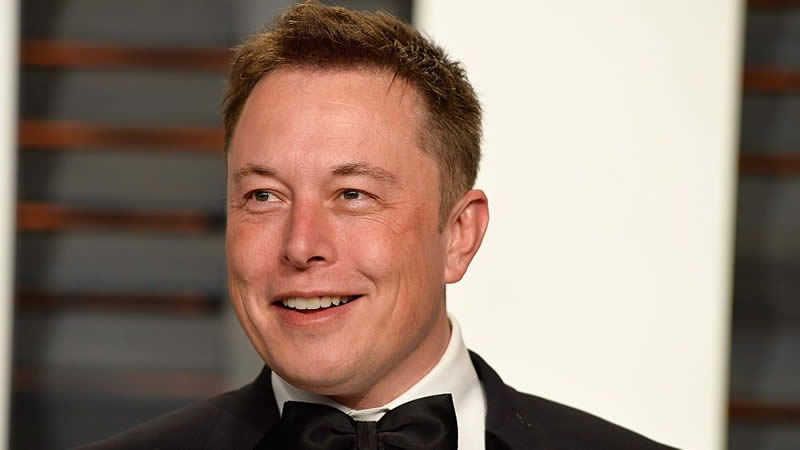As President-elect Donald Trump’s transition team gears up for his return to the White House, one powerful ally has already caused a stir among team members. Tech mogul Elon Musk, CEO of Tesla and X (formerly Twitter), has become an unusual fixture within Trump’s inner circle, captivating the president-elect with his unique “nerd glamor.”
However, some insiders reportedly feel that Musk is acting like the “guest who wouldn’t leave,” according to tech journalist Kara Swisher. Swisher, speaking on Monday morning, described Musk’s relationship with Trump as one of growing influence, with Musk frequently inserting himself into political conversations. “He definitely inserts himself all the time, that’s his style,” Swisher explained. “I’ve heard from Trump people, calling me saying, ‘Oh, wow, this is odd.’ And it is.”
She noted that Musk’s approach, though sometimes jarring, has succeeded in capturing Trump’s attention and admiration. While some observers are fascinated by the partnership between Trump and Musk, Swisher and other political watchers are skeptical about the longevity of their alliance. Both figures have outsized personalities, a hunger for attention, and a knack for controversy, raising doubts about how long they can work together without clashing.
“They’re both narcissists, and there can be only one narcissist as head of the country, and that’s Donald Trump,” Swisher remarked. She went on to say, “Trump goes through people like tissues, essentially. And even if it’s Musk, they’re going to clash at some point.” Swisher believes that while Musk may be able to influence Trump for now, the tech billionaire’s habit of asserting absolute control could lead to friction within the structured environment of Washington, D.C.

“Republicans are about to find out that Musk’s primary managerial tactic — claiming absolute power within a company then abruptly turning precedent on its head — won’t work in Washington the way it does in Silicon Valley,” Swisher observed. Musk’s style, characterized by high-risk decisions and a willingness to dismantle norms, may prove incompatible with the complexities and constraints of federal government operations.
The contrast between Musk’s approach to leadership in the tech world and the norms of governance was evident in Swisher’s assessment. “At SpaceX, they’ve blown up a lot of rockets to get where they are,” Swisher noted, referencing the high-stakes experimentation and tolerance for failure that define Musk’s ventures. “I’m not so sure that you can blow up things in the federal government quite as easily without some impact.”
Despite these challenges, Musk appears determined to carve out a role in Trump’s administration, dazzling the president-elect with his futuristic ideas and business success. However, as Swisher highlighted, Trump’s pattern of quickly cycling through allies could spell trouble for Musk’s long-term influence. Observers like Swisher predict that eventually, Trump’s desire to maintain control and center himself in the spotlight will overpower Musk’s appeal, leading to a potential fallout between the two.
For now, Musk’s “guest” status within Trump’s transition team has brought a fresh, albeit unpredictable, energy to Trump’s circle. Whether Musk’s unconventional style will ultimately mesh with the demands of political leadership remains an open question, but the growing unease among Trump’s team suggests that Musk’s influence might be tested sooner rather than later.

